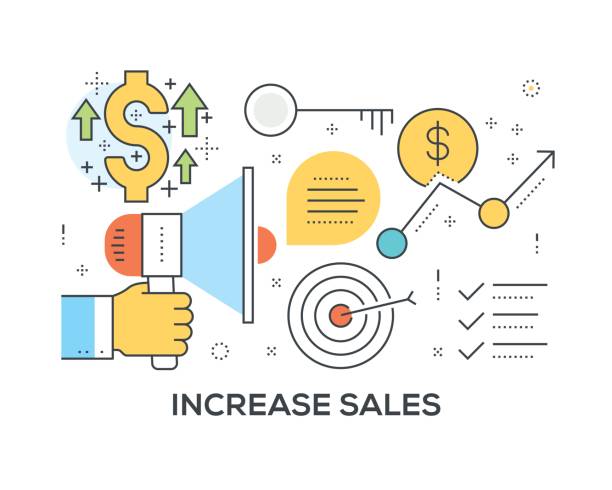Retirement may seem far off, but planning is key to ensuring a comfortable and secure future. One of the most powerful tools for retirement planning offered by employers is the 401(k) plan. If you’re an employee or business owner looking to understand how 401(k)s can impact your financial future, you’re in the right place. So, let’s dive into everything you need to know about business 401k’s for employees and how they can benefit you.
What is a 401(k) Plan?
A 401(k) plan is a type of retirement savings plan sponsored by an employer. It allows employees to save a portion of their paycheck before taxes are taken out. Additionally, these contributions grow tax-deferred until retirement, which means you don’t pay taxes on the money you put into the plan or on its earnings until you withdraw it.
There are two main types of 401(k) plans:
- Traditional 401(k): Contributions are made with pre-tax dollars, reducing your taxable income for the year. Taxes are paid when you withdraw the money during retirement.
- Roth 401(k): Contributions are made with after-tax dollars, meaning you pay taxes on the money before it goes into your account. Withdrawals are tax-free in retirement, provided certain conditions are met.
Why a 401(k) is a Game Changer for Retirement Savings
- Tax Advantages: The primary benefit of a 401(k) is the tax advantage it provides. With a traditional 401(k), your contributions are deducted from your taxable income, which can lower your current tax bill. Additionally, Roth 401(k) contributions don’t reduce your taxable income today but allow for tax-free withdrawals in the future.
- Employer Matching Contributions: Many employers offer matching contributions, which is essentially free money added to your 401(k) account. For example, if your employer matches up to 4% of your salary, and you contribute that amount, you’re doubling your savings.
- Compound Growth: Money in a 401(k) grows through compound interest. So, this means your earnings generate their earnings. Over time, this can significantly increase the value of your retirement savings.
- Higher Contribution Limits: Compared to other retirement savings accounts, 401(k)s have higher contribution limits. For 2024, employees can contribute up to $22,500 annually, with an additional $7,500 catch-up contribution allowed if you’re age 50 or older.

How to Maximize Your 401(k) Benefits: Business 401k’s
- Contribute Regularly: Aim to contribute enough to take full advantage of any employer match. So, ideally, you should aim to contribute the maximum allowable amount. Even small, consistent contributions can grow significantly over time due to compounding.
- Increase Contributions Gradually: As you receive raises or bonuses, consider increasing your 401(k) contributions. Some plans offer an auto-increase feature, where contributions are automatically raised at regular intervals.
- Diversify Your Investments: Most 401(k) plans offer a range of investment options, including stocks, bonds, and mutual funds. Additionally, diversifying your investments can help manage risk and improve potential returns.
- Review and Adjust: Periodically review your 401(k) plan and investment choices. So, as your life circumstances and financial goals change, you may need to adjust your contributions and investment strategy.
Understanding the Rules and Regulations: Business 401k’s
- Vesting: Vesting refers to the ownership of the employer’s contributions to your 401(k) plan. While your contributions are always 100% vested, employer contributions may be subject to a vesting schedule, which means you need to stay with the company for a certain period before you fully own those funds.
- Withdrawals and Loans: Generally, you can begin withdrawing funds from your 401(k) without penalties at age 59½. Early withdrawals are typically subject to a 10% penalty in addition to regular income tax. So, some plans allow you to take loans against your 401(k), but this can reduce your retirement savings and come with risks.
- Required Minimum Distributions (RMDs): Once you reach age 73, you are required to start taking minimum distributions from your 401(k). Failing to take these distributions can result in hefty penalties.

Common Mistakes to Avoid: Business 401k’s
- Neglecting to Enroll: Don’t miss out on the benefits of a 401(k) by failing to enroll. Many employers automatically enroll employees in the plan, but if this isn’t the case, it’s up to you to sign up.
- Under-Contributing: If you’re not contributing enough to get the full employer match, you’re leaving money on the table. Aim to contribute at least enough to receive the maximum match.
- Over-Relying on Employer Stock: Some 401(k) plans offer company stock as an investment option. While this can be tempting, it’s generally wise to diversify your investments rather than putting too much money in your employer’s stock.
- Ignoring Fees: Be aware of the fees associated with your 401(k) plan. High fees can erode your investment returns over time. If possible, choose low-cost investment options and periodically review the fees associated with your plan.
The Impact of a 401(k) on Your Future: Business 401k’s
A well-managed 401(k) plan can be a cornerstone of your retirement savings strategy. By understanding how 401(k)s work and making informed decisions about your contributions and investments, you can build a substantial retirement nest egg. The power of tax-deferred growth, employer-matching contributions, and compound interest cannot be underestimated.
Whether you’re just starting your career or are well into your working years, it’s never too late to make the most of your 401(k) plan. Start by enrolling in your company’s plan, contributing as much as you can, and making smart investment choices. Your future self will thank you for the financial security and peace of mind that comes with a well-funded retirement.
Investing in your 401(k) today is a step toward a brighter and more secure financial future. So, take charge of your retirement planning and let your 401(k) work for you!

Conclusion: Secure Your Retirement Today in Business 401k’s
In summary, a 401(k) is a powerful tool for building your retirement savings. By understanding how it works, taking full advantage of employer matches, and making smart investment choices, you set yourself up for a financially secure future.
Start contributing early, maximize your contributions, and regularly review your plan to avoid common mistakes. It’s never too late to improve your retirement planning. With a well-managed 401(k), you’re investing in a more secure and comfortable retirement. Take charge now and let your 401(k) help you achieve a brighter financial future!








